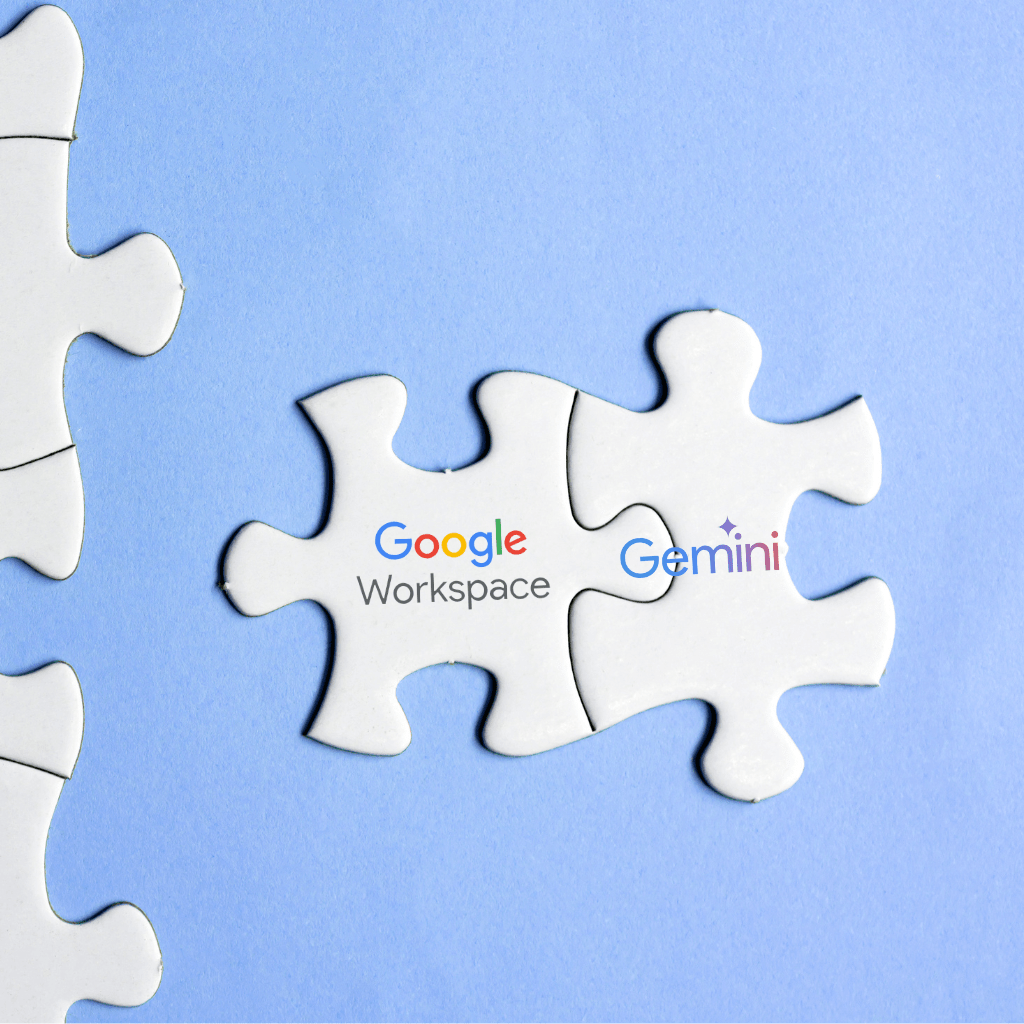What is GDPR?
GDPR stands for General Data Protection Regulation, which gives people in the EU/EEA control over their personal data, both online and offline. Their goal is to modernize and strengthen data privacy and processing across Europe. GDPR was introduced in 2018, and applies to all businesses in the EU/EEA, as well as businesses outside of the EU/EEA that process personal information from people in the EU/EEA.
Under the GDPR, individuals have eight basic rights.
- The right to access
- The right to be forgotten
- The right to data portability
- The right to be informed
- The right to have information corrected
- The right to restrict processing
- The right to object
- The right to be notified
who does GDPR impact?
GDPR impacts everyone who collects, stores and uses personal data about anyone in the EU/EEA, whether the processing takes place in the EEA or not – it influences organizations all around the world. The marketing industry is one of the most affected by GDPR, as it uses almost all of the user information on the internet in order to understand customer behavior. The GDPR guidelines mean that marketers now have to request permission before collecting any personal information, and must adopt specific measures for protecting and securing this data.
Why is GDPR compliance important?
GDPR protects individuals privacy rights by giving them complete control over their data and the ability to erase it when required. These guidelines enhance transparency and accountability for all organizations, as well as preventing fraud and cybercrimes. It enables companies to prevent cyberattacks and recover from disruptions much faster, as GDPR requires full data security and gives a 72 hour window to notify the public of data breaches.
Organizations must comply with the GDPR requirements, with non-compliance holding severe consequences. If your company does not comply with GDPR guidelines, you can face a fine of 4% of your annual global turnover, or $23 million, whichever is greater. For example, Meta incurred a fine of $1.3 billion in 2023 after transferring users personal data across borders without adequate protections. These consequences are huge for companies, which further motivates everyone to fully comply with the guidelines, giving peace of mind to the public. By giving people control over their personal data, their trust in the digital economy increases which encourages the use of digital tools.
Besides avoiding fines, there are many reasons why GDPR compliance is beneficial. Protected data has been shown to deliver a higher return on investment (ROI), as all data is backed up, safe and recoverable. Business continuity is improved as systems and operations can be restored quickly following any data breaches. It is far easier to transfer data among systems as all data has to be securely backed-up. This also increases the discoverability and transparency of data, as the GDPR requires organizations to locate and secure all data.
Ensure your company complies with GDPR by mapping where the personal data comes from, determining which data you need to keep, implementing security measures to prevent data breaches, review all documentation such as privacy statements and cookies, and establish procedures for how you will handle personal data in accordance with the eight rights of GDPR.





